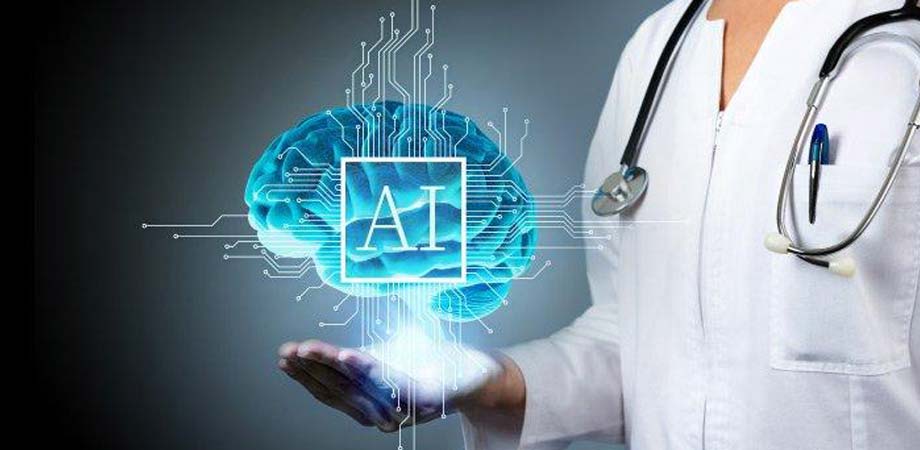
AI’s Role in Transforming Healthcare and Revolutionizing MedicineAI’s Role in Transforming Healthcare and Revolutionizing Medicine The advent of artificial intelligence (AI) has brought unprecedented transformative potential to the healthcare industry, revolutionizing the way medical care is delivered and revolutionizing medicine itself. 1. Diagnosis and Prognosis: AI-powered algorithms can analyze vast amounts of medical data, including patient records, imaging scans, and genomics, to identify patterns and make accurate diagnoses. This allows for early detection of diseases, personalized treatment plans, and improved prognoses. 2. Precision Medicine: AI enables the customization of healthcare to individual patients based on their genetic makeup, lifestyle, and medical history. This allows doctors to tailor treatments to the specific needs of each patient, increasing treatment efficacy and reducing side effects. 3. Drug Discovery and Development: AI is accelerating the process of drug discovery and development by automating experiments, analyzing preclinical data, and predicting the safety and efficacy of new therapies. This has the potential to reduce costs, timelines, and increase the number of effective drugs available. 4. Surgical Precision and Robotics: Surgical robots assisted by AI provide greater precision, stability, and control. AI-powered systems can assist surgeons in planning and executing complex procedures, reducing the risk of errors and improving patient outcomes. 5. Personalized Health Management: AI-enabled apps and devices can track patients’ health data, provide personalized health recommendations, and connect them with healthcare providers remotely. This empowers patients to take an active role in their own health management and prevent or manage chronic conditions. 6. Data Analysis and Management: AI helps healthcare organizations manage and analyze massive amounts of data generated by electronic health records, sensors, and wearables. This enables them to identify trends, improve decision-making, and develop innovative solutions to improve patient care. 7. Automation and Efficiency: AI automation can streamline administrative tasks, reduce paperwork, and free up healthcare professionals to spend more time on patient care. This increases efficiency, improves patient satisfaction, and reduces operational costs. Conclusion: AI is rapidly transforming healthcare by providing tools for accurate diagnosis, personalized treatment, drug discovery, surgical precision, and data-driven decision-making. By revolutionizing medicine and empowering patients, AI is playing a crucial role in improving patient outcomes, reducing healthcare costs, and paving the way for a more accessible and equitable healthcare system.
Posted inNews